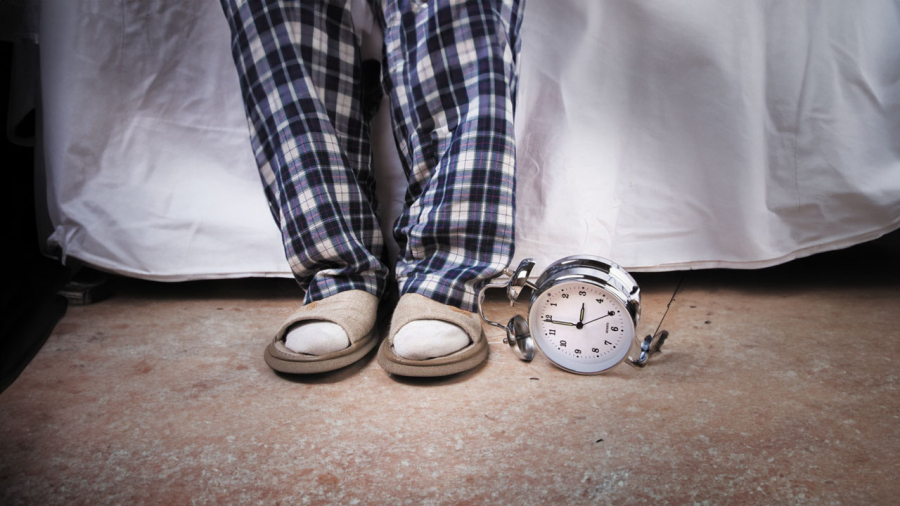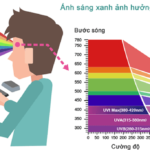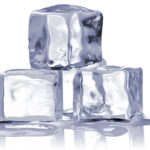In the body, the kidney is an important organ that helps excrete toxins. When kidney function decreases, it disrupts electrolyte balance in the body. The kidney’s task is to filter and excrete excess toxins through urine. But if the kidney has problems, this function decreases, causing electrolyte imbalance in the body. When the kidney is weak, the body loses electrolyte balance and cannot retain minerals in the body. Therefore, you will experience itching. The itching in kidney patients can occur both day and night, but it usually occurs at night, causing discomfort.

Along with nighttime itching, electrolyte imbalance also increases the risk of muscle cramps at night due to low calcium and high phosphorus levels in the blood. Severe muscle cramps can cause you to experience prolonged and painful spasms before returning to the initial position. Therefore, do not ignore these signs.
In addition, if you have the following accompanying signs, the risk of kidney disease is very close, and you need to see a doctor early for timely treatment because treating chronic kidney disease is costly and difficult:

Frequent urination at night
Frequent urination is a common symptom in kidney disease. This is because the kidney function decreases and cannot retain urine, leading to frequent urination. This makes patients wake up at night. Elderly people with naturally decreased kidney function often experience nocturia, but if this condition lasts for a long time and occurs multiple times, it may indicate an underlying disease, especially a kidney problem. Check if you drink a lot of diuretic fluids before going to bed, if not, be cautious as kidney disease may be approaching. People who are not pregnant but still frequently urinate at night are at a higher risk of kidney disease.

Insomnia
The consequence of frequent nighttime urination is insomnia because you have to wake up during the night and it’s difficult to fall back to sleep, resulting in fragmented and unclear sleep. Insomnia not only makes the body tired but also contributes to the decrease in kidney function, creating a vicious circle. Severe exhaustion from insomnia reduces lifespan and worsens the immune system, making kidney disease more serious.
Being alert at night
Usually, our body increases the secretion of melatonin hormone at night and decreases it during the day. Therefore, we feel sleepy at night and alert during the day. However, kidney patients have decreased melatonin at night, making them stay awake, unable to close their eyes even when looking at the ceiling. This state of being alert at night can make them increasingly uncomfortable.
People with chronic kidney disease have to undergo kidney dialysis and eventually kidney transplantation, which is costly and exhausting, requiring frequent visits to the hospital. Therefore, if you have the above signs and wake up with facial swelling in the morning, it is highly recommended to see a doctor early. Kidney disease is one of the dangerous and long-term diseases that require costly and long-term treatment. Do not take your health lightly.
To reduce the risk of kidney disease, you should pay attention to your diet, avoid salty foods, avoid excessive exercise, avoid sitting for long periods without movement, quit alcohol and smoking, and drink enough water regularly.





































